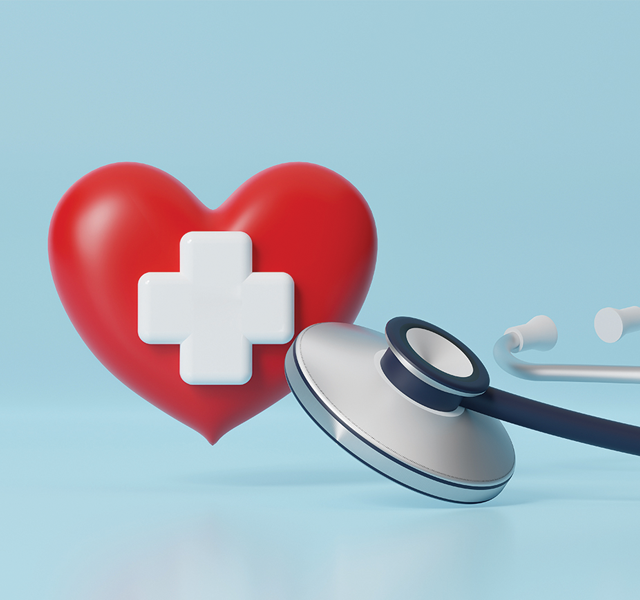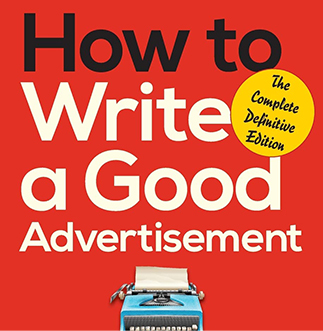The Cardiologist's Wife: Dispelling Medical Myths
The Cardiologist's Wife: Dispelling Medical Myths
We’ve heard old wives’ tales about health since we were little. Grandma warned us that we’d catch a cold if we went outside in cold weather or if we went to bed with a wet head. Dad made us wait to swim for an hour after eating so we wouldn’t get a stomachache. Most of these myths we tell ourselves and others are harmless, but sharing some misguided notions could have more serious consequences or simply not serve us well. Medical myths can lead to poor health decisions, forgoing medical treatment, unnecessary fear or promoting unhealthy habits. Surely, we can put these six common myths behind us in the new year and embrace better health habits.
A base tan protects your skin.
Getting a tan from any source, whether the sun or a tanning bed, damages the skin and increases your risk for developing skin cancer, especially if you do it often. Most tanning beds use UVA light, which penetrates deeper into the skin, causing wrinkles, sunspots, leathery skin and cataracts, as well as cancers. The damage accumulates over the years with each exposure. A base tan will only give you a very slight amount of protection from a sunburn, equivalent to a sunscreen with an SPF of 4 or less. For the best skin protection, stay out of the sun between 10 a.m. and 2 p.m., use sunscreen liberally and wear protective clothing. If you like the look of tanned skin, use an FDA approved self-tanning lotion or get a spray tan.
Solar farms contaminate the soil underneath.
According to the U.S. Department of Energy, the trace amounts of chemicals in solar panels have little to no impact on soil health. (They certainly have much less of an environmental impact than an oil spill from a pipeline.) Solar panels can have several positive benefits: the ground underneath is up to 10 degrees cooler than uncovered soil, reducing CO2 levels; increased moisture retention; improved crop yields while reducing water use; and it allows farmers to grow shade-tolerant crops or pollinator-friendly crops, thus diversifying their income sources and improving crop yields.
Snoring is just a nuisance, nothing to worry about.
Loud nightly snoring can be a sign of obstructive sleep apnea, a serious condition which can lead to high blood pressure, heart disease and stroke. Long pauses in breathing often occur with sleep apnea due to a blocked airway. This can lead to decreased oxygen levels and waking several times during the night, leaving the snorer tired and not feeling well rested. If you snore, you definitely need to get checked out. There are many new treatments for sleep apnea available.
A healthy diet will lower my cholesterol, so I don’t need medications.
While an unhealthy diet, too much alcohol, smoking and a lack of exercise contribute to developing high cholesterol, there are many other factors leading to high cholesterol, such as family history. Plus, the reality is that most people are not willing to stick to a diet and exercise plan that would significantly lower their cholesterol. The main reason that people avoid medications for cholesterol is fear of side effects. Interestingly, research has shown that those who have negative expectations about a drug are more likely to report problems with the drug, and in drug trials, 30% of people stopped taking their pills because of side effects when they were actually taking a placebo. Talk to your doctor about your risk of developing heart disease and be willing to work with him or her to find the right medication for you.
Liquid calories don’t count.
People often say, “I only eat one meal a day,” when asked about their diet by their doctor. They can’t understand why they struggle with weight gain or why they can’t lose weight. What they fail to consider is how many beverages, especially high calorie sweetened beverages, they consume each day. In addition to sugar, many coffee drinks contain cream, another high calorie item. Unless you are drinking plain water, coffee, tea or diet beverages, it is easy to drink most of your daily caloric needs without getting enough of the nutrition like protein, vitamins, minerals or fiber that your body needs. When trying to eat better, make sure to limit high-calorie, sugary drinks.
I can get by on just a few hours of sleep.
About one third of U.S. adults don’t get enough sleep regularly, and many have chronic sleep disorders. Poor sleep impacts mental health and brain function while increasing your risk for heart disease, diabetes, high blood pressure and even dementia later in life. In the short term, lack of sleep leaves you irritable with impaired memory, judgement or decision-making skills, poor vision and lower energy. Some recent studies show that weekend catch-up sleep leads to improved health but still isn’t as effective as a regular sleep pattern of seven to nine hours each night for adults. It is worth noting that the opposite, oversleeping, has some of the same health consequences as too little sleep. Oversleeping is associated with depression, cognitive impairment, and an increased risk for heart disease, obesity and diabetes. To sleep better, set a regular bedtime and wake up time. Avoid caffeine later in the day, put away screens at least an hour before bedtime and find a way to wind down. A warm bath, low lights, reading and meditation are good ways to relax.







